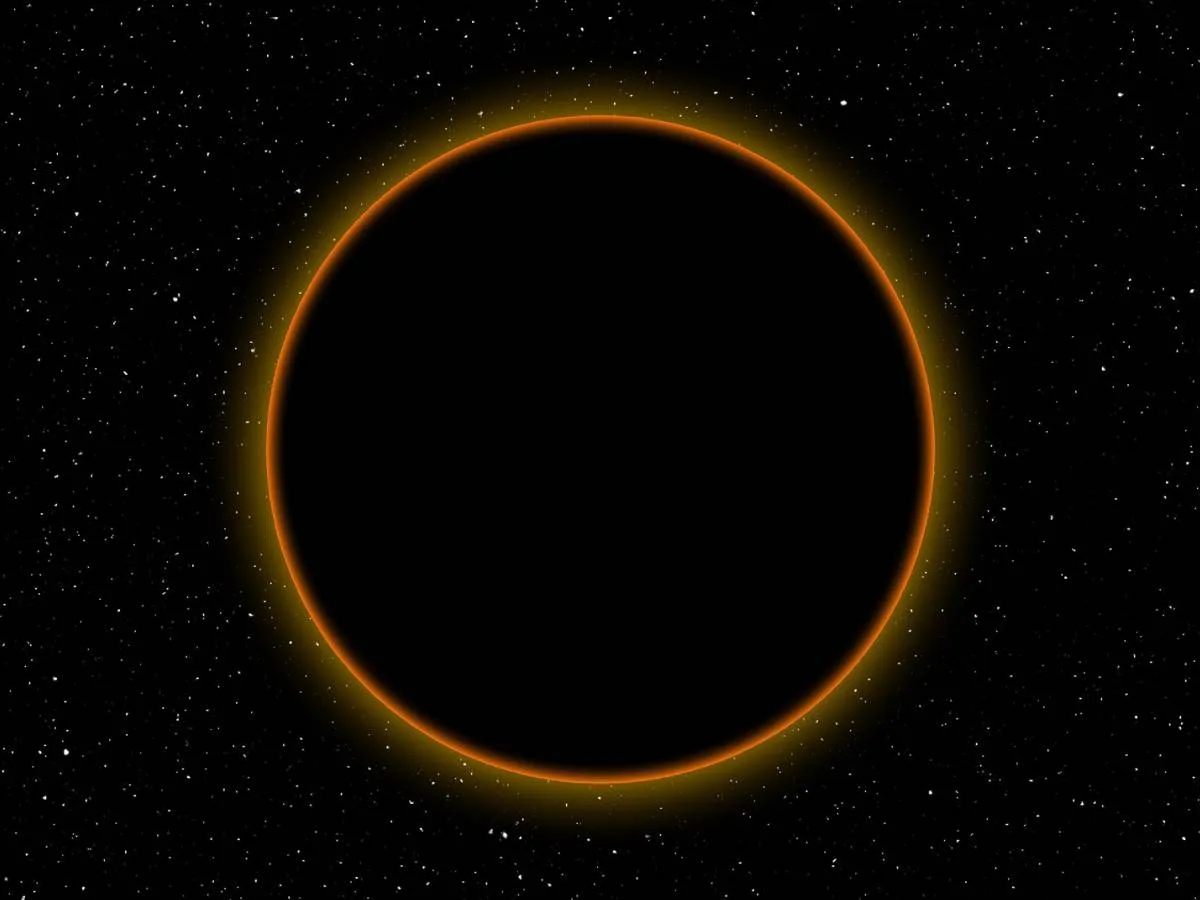Hyderabad: Astrophiles residing in Hyderabad are gearing up for the longest total lunar eclipse visible from India since 2022.
It will occur on the intervening night of September 7 and 8, astronomers said. They added that this is the first time since July 27, 2018, that an entire total lunar eclipse can be observed from all parts of the country.
Timing of lunar eclipse in Hyderabad
According to a press note issued by the Public Outreach & Education Committee (POEC), the penumbral eclipse will begin at 8.58 pm on September 7.
Unlike solar eclipses, observing a total lunar eclipse does not require special equipment and is safe with the naked eye, binoculars, or a telescope.
The partial phase can be observed from 9.57 pm on September 7. The total eclipse phase is expected to begin at 11.01 pm.
The Moon will be fully eclipsed from 11.01 pm to 12.23 am—a duration of 82 minutes. The partial phase ends at 1.26 am, and the lunar eclipse concludes at 2.25 am on September 8 in Hyderabad and other Indian cities.
Many astronomy institutions, amateur clubs, and other organisations are hosting public viewing events, with some offering live streams of the eclipse.
Different types of eclipses
Eclipses occur due to the rotation of the Earth around the Sun and the Moon around the Earth. Due to this rotation, at certain times, the Sun, Moon, and Earth align in a linear configuration. As a result, either the Sun or the Moon becomes obscured from the Earth’s view.
In a solar eclipse, the Sun becomes invisible because its rays are blocked by the Moon, preventing them from reaching the Earth. In contrast, during a lunar eclipse, the Sun’s rays are blocked by the Earth, preventing them from reaching the Moon.
In India, lunar eclipses are linked to several superstitions, with people often avoiding food, water, and physical activity, fearing “poisoning or negative energy.” Some even believe eclipses are “harmful to pregnant women and their unborn children.”
However, astronomers say lunar eclipses are merely shadow phenomena and “pose no risk to people or animals.”
With inputs from PTI







